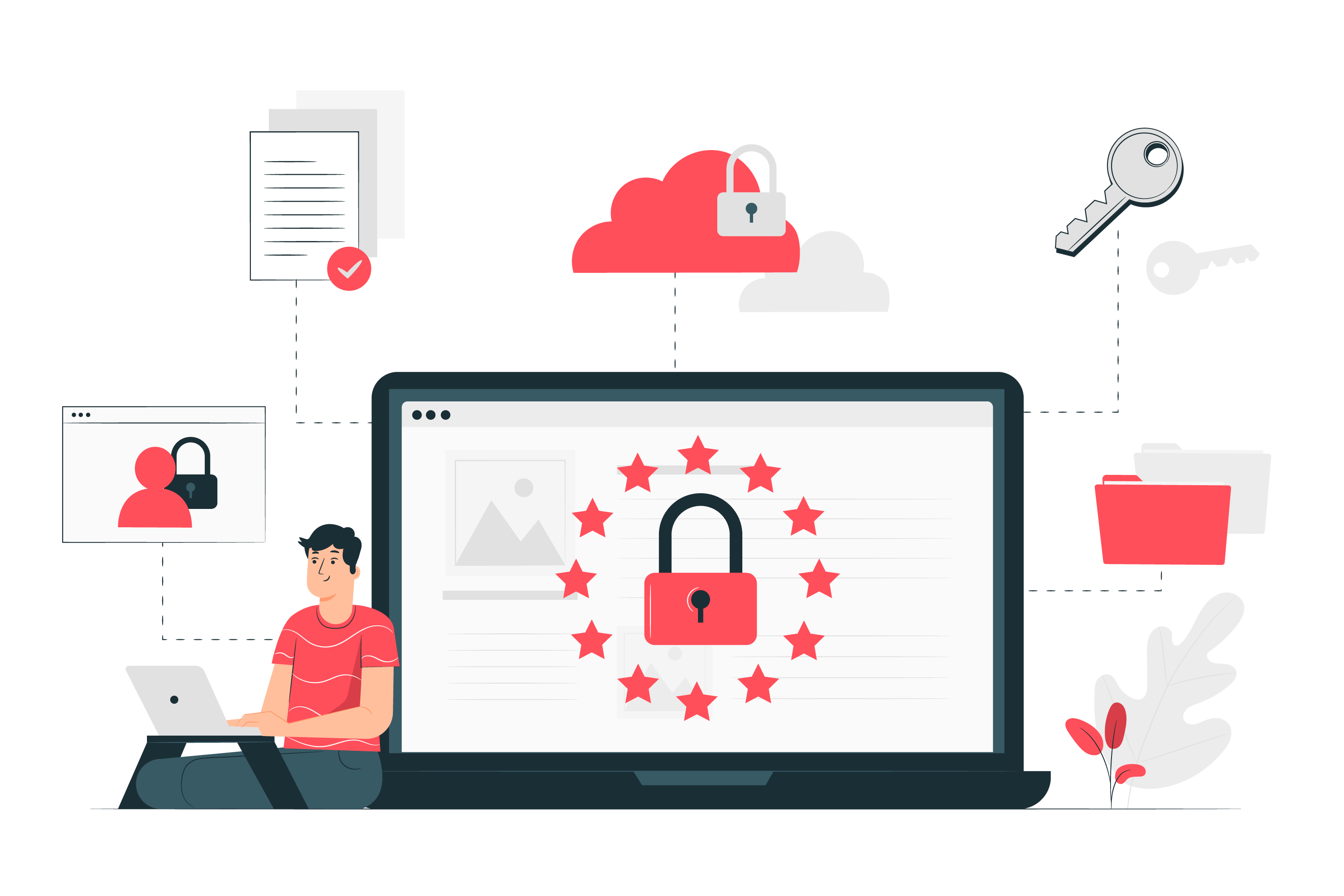Endpoint Security Solutions
Endpoint Protection solutions protect your corporate devices from malware, malicious applications, and investigate security incidents and alerts. They differ from commercial anti-virus software as they allow admins to manage all devices and perform investigation and remediation against threats. This allows admins to easily respond to security incidents and alerts.
Cyberattacks against business devices are on the rise. For this reason, it’s absolutely crucial that your organization, whether a fortune 500 company or a 5-person team, has an effective cyber security plan in place to detect and stop attacks. An important part of this should be implementing strong endpoint security on all of your company devices, with a management portal that allows you monitor and update your endpoints from anywhere.
However, the endpoint security market is extremely crowded and there are a huge variety of vendors with different technologies to stop threats from reaching your corporate devices. Some are aimed at large organizations, while others are better suited to smaller and mid-sized organizations.

Why endpoint security is important
An endpoint protection platform is a vital part of enterprise cybersecurity for a number of reasons. First of all, in today’s business world, data is often the most valuable asset a company has—and to lose that data, or access to that data, could put the entire business at risk of insolvency. Businesses have also had to contend with not only a growing number of endpoints, but also a rise in the number of types of endpoints. These factors make enterprise endpoint security more difficult on their own, but they’re compounded by remote work and BYOD policies—which make perimeter security increasingly insufficient and create vulnerabilities. The threat landscape is becoming more complicated, too: Hackers are always coming up with new ways to gain access, steal information or manipulate employees into giving out sensitive information. Add in the opportunity cost of reallocating resources from business goals to addressing threats, the reputational cost of a large-scale breach, and the actual financial cost of compliance violations, and it’s easy to see why endpoint protection platforms have become regarded as must-haves in terms of securing modern enterprises.
How endpoint protection works
Endpoint security is the practice of safeguarding the data and workflows associated with the individual devices that connect to your network. Endpoint protection platforms (EPP) work by examining files as they enter the network. Modern EPPs harness the power of the cloud to hold an ever-growing database of threat information, freeing endpoints of the bloat associated with storing all this information locally and the maintenance required to keep these databases up to date. Accessing this data in the cloud also allows for greater speed and scalability.


The EPP provides system administrators a centralized console, which is installed on a network gateway or server and allows cybersecurity professionals to control security for each device remotely. The client software is then assigned to each endpoint—it can either be delivered as a SaaS and managed remotely, or it can be installed directly on the device. Once the endpoint has been set up, the client software can push updates to the endpoints when necessary, authenticate log-in attempts from each device, and administer corporate policies from one location. EPPs secure endpoints through application control—which blocks the use of applications that are unsafe or unauthorized—and through encryption, which helps prevent data loss.
When the EPP is set up, it can quickly detect malware and other threats. Some solutions also include an Endpoint Detection and Response (EDR) component. EDR capabilities allow for the detection of more advanced threats, such as polymorphic attacks, fileless malware, and zero-day attacks. By employing continuous monitoring, the EDR solution is able to offer better visibility and a variety of response options.
EPP solutions are available in on-premises or cloud based models. While cloud- based products are more scalable and can more easily integrate with your current architecture, certain regulatory/compliance rules may require on-premises security.Endpoint security components


Endpoint security components
Typically, endpoint security software will include these key components:
- Machine-learning classification to detect zero-day threats in near real time
- Advanced antimalware and antivirus protection to protect, detect, and correct malware across multiple endpoint devices and operating systems
- Proactive web security to ensure safe browsing on the web
- Data classification and data loss prevention to prevent data loss and exfiltration
- Integrated firewall to block hostile network attacks
- Email gateway to block phishing and social engineering attempts targeting your employees
- Actionable threat forensics to allow administrators to quickly isolate infections
- Insider threat protection to safeguard against unintentional and malicious actions
- Centralized endpoint management platform to improve visibility and simplify operations
- Endpoint, email and disk encryption to prevent data exfiltration
